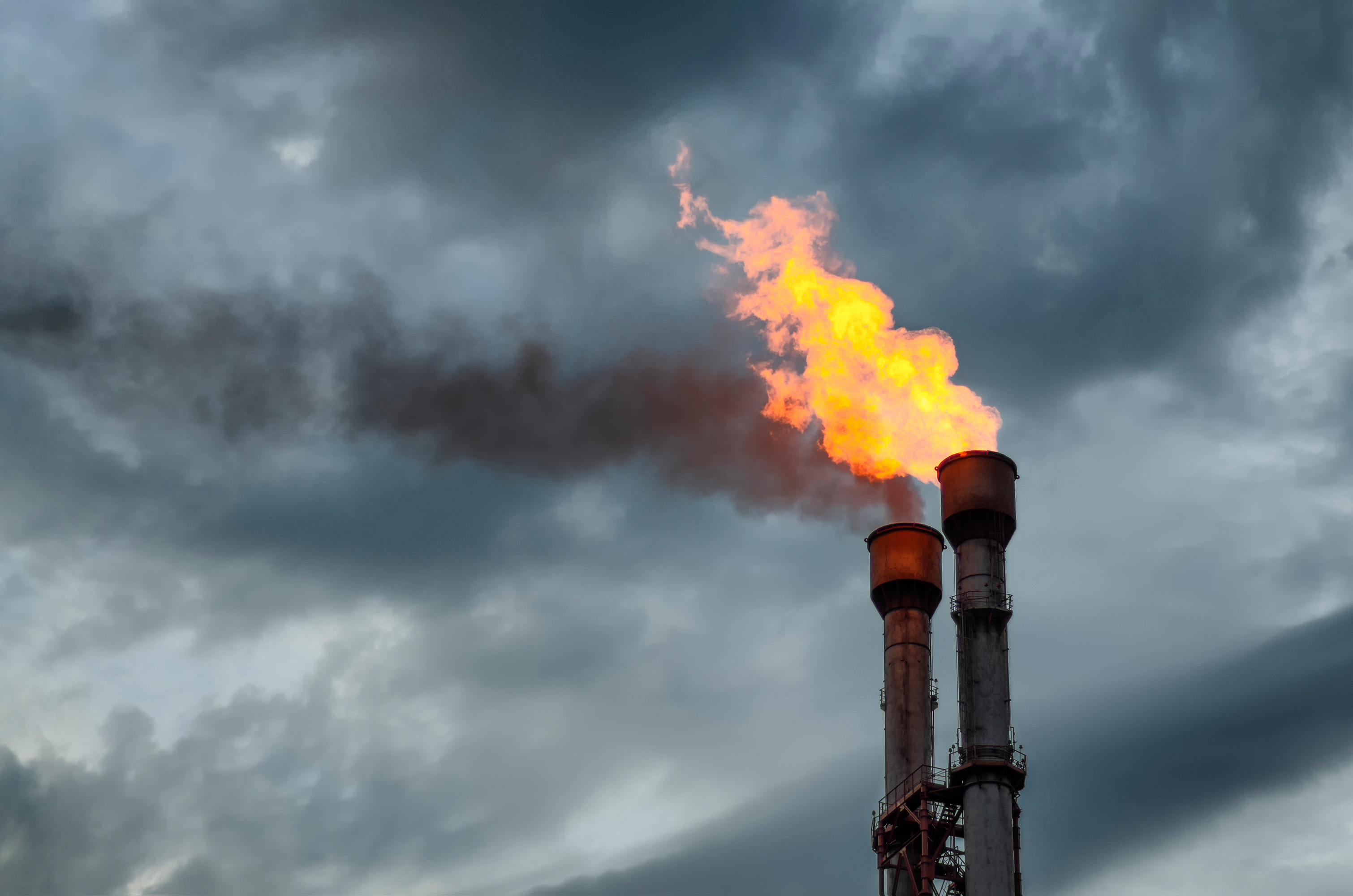Against the background of the newly proposed EU Methane Strategy, and the French energy company Engie’s decision to freeze imports of US liquefied natural gas, Chathu Gamage of Rocky Mountain Institute and SYSTEMIQ’s senior advisor Georges Tijbosch consider the EU and US industry context, and what energy companies can do to maintain their social license to operate.
Reducing methane emissions from oil and gas operations is among the most significant actions we can take in the near term to help avert catastrophic climate change and improve the environmental performance of a fuel source that will continue to play an important role as we transition to renewable energy.
In French Government Puts US Gas Imports on Ice, the authors argue that “a market-based approach to abatement, working alongside regulation and voluntary action, can engender the additional accountability and transparency that the industry needs. Without this, companies will continue to fall short of delivering the step change needed for a significant reduction in emissions.”
“With the right incentives and accountability frameworks, the global oil and gas industry can rapidly and substantially reduce their GHG emissions. We therefore need:
- a credible standard to differentiate global natural gas supply by its climate impact and specifically certify its methane emissions performance; and
- a trusted source of transparent and accessible data, coupled with insightful analytics, that can translate data into opportunities for methane abatement action by operators, investors, consumers, and regulators.”
RMI and SYSTEMIQ focus on these two areas. The creation of a global methane emissions standard for differentiated natural gas, coupled with solid climate intelligence from the Climate Action Engine’s data-driven approaches to emissions transparency and prediction, can enable the reductions we need in the next decade to meet our climate goals. A globally applicable certification system and real climate intelligence will provide a universal standard that levels the international playing field and ensure everyone is assessed by the same rules.

